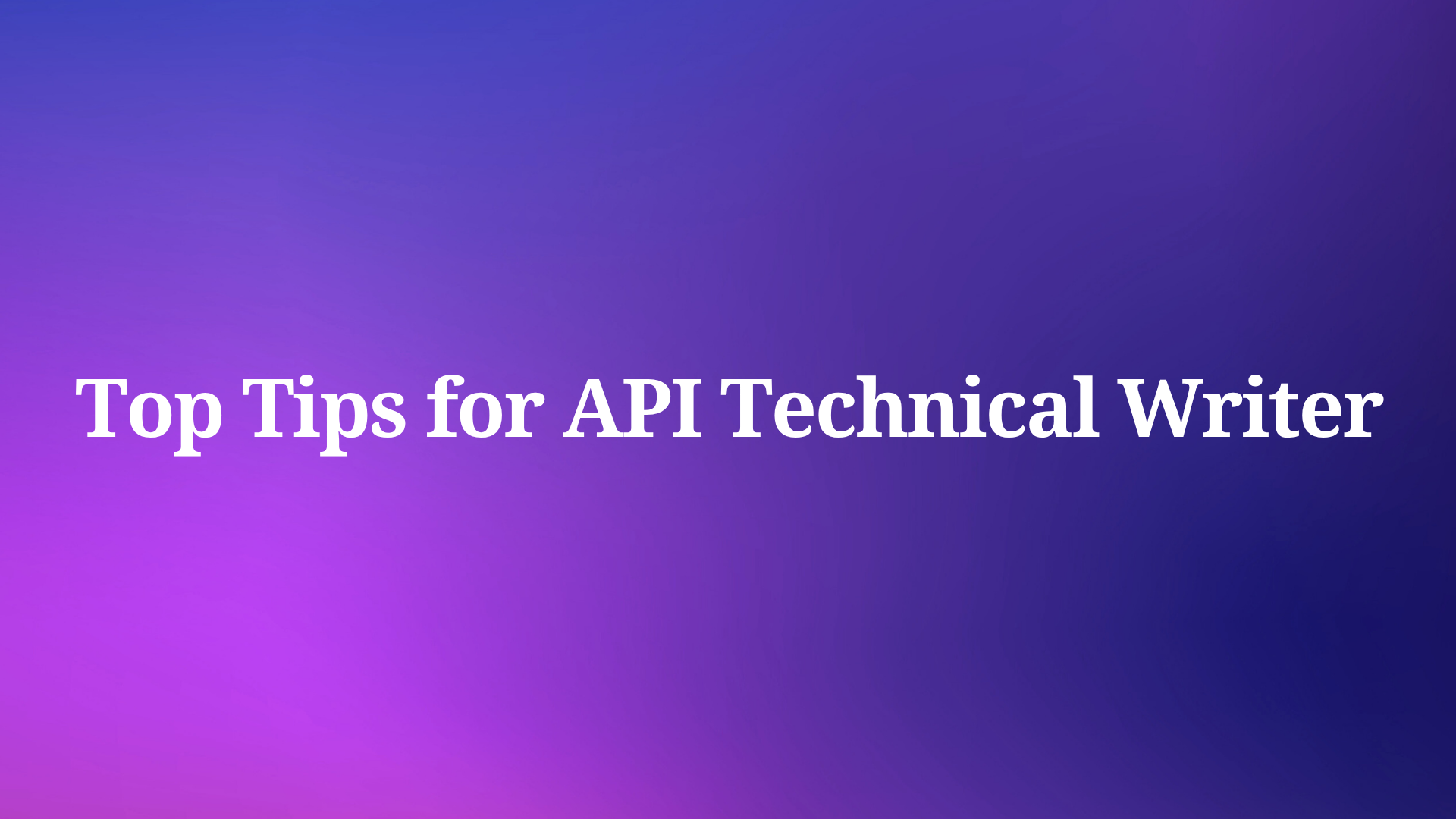In today's development ecosystem, Large Language Models (LLMs) are rapidly transitioning from novelties to indispensable collaborators. They function as pair programmers, debuggers, and instant knowledge sources. Yet, for this collaboration to be truly effective, especially when working with APIs, both human developers and their AI counterparts need to speak the same language – and that language is often defined by API documentation. The challenge? Traditional web-based documentation, optimized for human visual consumption, is often a tangled mess for AI. Apidog recognizes this critical friction point and introduces native LLMs.txt support, a transformative feature designed not just to present information, but to actively facilitate a more productive and synergistic relationship between developers, their AI tools, and the API documentation they rely on. This innovation ensures your documentation becomes a clear, accessible resource for your AI partners, making interactions more accurate, efficient, and ultimately, more powerful.
Why Standard API Documentation Hampers AI Collaboration
Imagine trying to explain a complex technical diagram to someone by describing the intricate layout of a cluttered webpage instead of showing them the diagram itself. This is akin to the challenge LLMs face when pointed towards standard web-based API documentation. While visually organized for human users with navigation menus, dynamic elements, and styling, this format presents significant obstacles for AI agents:
- Information Overload (Noise): AI models must sift through layers of HTML structure, CSS rules, and often extensive JavaScript code that are irrelevant to the actual API specifications. This "noise" obscures the essential data points – the endpoints, parameters, request/response formats, and authentication methods.
- Context Window Constraints: Every piece of irrelevant code or text processed by an LLM consumes precious space within its limited context window. This means complex API details might get truncated or ignored simply because the surrounding web page clutter filled up the available memory.
- Token Inefficiency and Cost: Processing verbose HTML and scripts translates directly into higher token usage for each interaction. Whether using free tiers with limits or paid API access, this inefficiency means slower responses and increased operational costs, purely artifacts of a format not designed for machine consumption.
- Risk of Misinterpretation: Asking an AI to infer meaning from a complex, noisy source increases the likelihood of errors. It might misunderstand parameter requirements, misinterpret response structures, or fail to grasp critical relationships between different parts of the API, leading to flawed code suggestions or inaccurate explanations.
This inherent difficulty in parsing standard web documentation acts as a significant barrier, preventing developers from fully leveraging their AI assistants for tasks directly related to their specific APIs. The AI's potential is throttled not by its core capabilities, but by the inaccessible format of the information it needs. Making documentation AI-friendly is paramount to overcoming this disconnect.
Forging the Link: Apidog's llms.txt Implementation as the AI Rosetta Stone
The llms.txt standard provides an elegant solution to the AI-documentation disconnect, and Apidog supports llms.txt through a thoughtful, automated implementation designed to act as a "Rosetta Stone" translating human-centric documentation into a format machines can readily understand. It bridges the gap by providing clear, direct pathways for LLMs to access the core information without the noise.
Here’s how Apidog builds this crucial bridge:
1. Clean Content via .md Endpoints: The cornerstone of the solution is the automatic generation of a Markdown (.md) version for every single page of your published Apidog documentation. Accessed simply by appending .md to the standard URL, these pages contain:
- Semantic Structure: Using Markdown's clear syntax (headings, lists, code blocks, tables) to represent the API's structure logically.
- Essential Information Only: Stripped clean of HTML wrappers, CSS styles, and client-side JavaScript.
- Intelligent Parsing: Apidog ensures that complex elements like nested data schemas or referenced components are appropriately expanded and included within the Markdown, providing a complete picture for the AI.
2. The llms.txt Index File: Acting as the map for AI agents, Apidog automatically creates and maintains an llms.txt file at the root of your documentation site. This file serves as a manifest, explicitly listing the URLs of all the generated .md pages. It often includes brief summaries, allowing an LLM to quickly grasp the site's structure and identify the most relevant sections for a given query, further optimizing the interaction.
3. Zero Configuration Required: Critically, Apidog's llms.txt features work out-of-the-box. Once you publish or share your documentation, Apidog handles the .md generation and llms.txt creation automatically. There are no settings to toggle or build processes to configure. Developers can focus on creating high-quality documentation, confident that Apidog is making it accessible for their AI partners behind the scenes.
This seamless translation process ensures that when an AI needs to understand your API, it receives unambiguous, structured information optimized for its processing capabilities, rather than fighting through layers of web presentation code.
How Apidog's LLMs.txt Features Empower Developers and AI
By making API documentation truly AI-friendly, Apidog's LLMs.txt features unlock tangible benefits that directly impact developer productivity and the quality of AI assistance:
- Highly Accurate AI Responses: When an LLM consumes clean Markdown via
.mdURLs or pasted content, its understanding of your API is vastly improved. This leads to more precise answers to questions about endpoints, more accurate explanations of parameters, and significantly more reliable AI-generated code snippets (SDKs, request logic, data models) that align perfectly with your actual API contract. - Faster Development Cycles: Developers can delegate more complex API-related tasks to their AI assistants with greater confidence. Need a function to handle a specific API call? Ask the AI, providing the clean Markdown context. Need to generate test cases based on the API spec? The AI can do it more reliably. This reduces manual coding and research time.
- Reduced Token Costs and Faster AI Interactions: By eliminating the need for the AI to parse irrelevant HTML/JS/CSS, interactions focused on specific API documentation become much more token-efficient. This translates to lower costs on paid AI services and faster response times, making the AI feel more responsive and integrated into the workflow.
- Smoother Onboarding and Learning: New team members (or even experienced devs exploring a new API) can use AI assistants pointed at the
.mddocumentation URLs to get up to speed quickly. They can ask clarifying questions and receive accurate answers based directly on the authoritative source. - Enhanced Troubleshooting: When encountering an API error, a developer can copy the relevant
.mddocumentation section and the error message into an AI prompt, asking for potential causes or solutions based on the official spec. The AI's ability to accurately cross-reference the error with the clean documentation leads to faster problem resolution.
Whether using the direct .md URL access method for web-enabled AIs or the universal "Copy Page" button for pasting Markdown into any LLM interface, developers now have straightforward ways to ensure their AI partners are working from the best possible information source – the documentation itself, presented in a format optimized for machine understanding. This isn't just about convenience; it's about fostering a truly collaborative and synergistic environment where both humans and AI can operate at their full potential, leveraging Apidog's llms.txt support as the vital communication link.
Conclusion: Embracing the Future of AI-Integrated API Workflows
The introduction of llms.txt support within Apidog marks a significant evolution in how we approach API documentation. It moves beyond static, human-focused presentation to embrace the reality of modern development: AI assistants are now key consumers of this information. By automatically providing clean, structured, AI-friendly Markdown versions and an llms.txt index, Apidog proactively eliminates the friction that hinders effective AI collaboration.
This feature ensures that the accuracy and usefulness of AI assistance are grounded in the authoritative source of truth – your documentation. It translates to tangible benefits: faster development, reduced errors, lower costs, and a smoother experience for developers leveraging AI tools. Apidog's llms.txt features represent more than just technical compliance; they embody a commitment to fostering a truly synergistic relationship between developers and their AI partners. By ensuring clear communication through machine-readable documentation, Apidog empowers teams to build better software, faster, and harness the full potential of AI-assisted development in their API workflows. The future of API development is collaborative, and ensuring your documentation speaks AI's language is the crucial first step.



